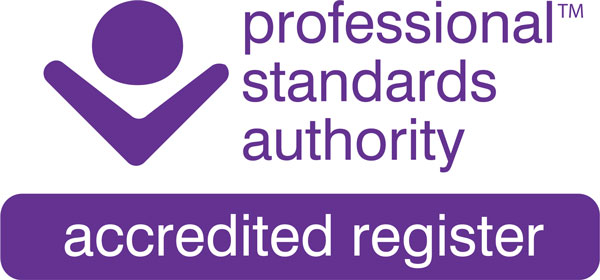Are you ok? Don’t miss signs of depression
Would you know if someone you care about has depression? Most people probably think that they would, but it isn’t necessarily as obvious as you might expect. Indeed, until some simple screening questionnaires were introduced for GPs to use, half of them were missing the diagnosis in patients that came to consult them.
Suppose, for instance, you have a friend who used to come to a class with you, perhaps sport or dancing or a fine art class. Then one week they don’t want to go. Perhaps they say they have strained a muscle or that they are working late more often. You believe them – why not? Time passes and maybe you call or you run into them in the street and ask if they are going to come back to class. No, they say, they have kind of lost interest, or the injury is still a problem, or they don’t seem to have time. You suggest a meal out one evening. Money is tight right now, they say, but they promise to keep in touch. And more time passes and you suddenly realise that you haven’t spoken for quite a while. Perhaps you feel hurt and think it must be something you said. Or perhaps they have depression.
Very many people will not say that they are depressed or may even deny it. They may manage a smile even though they are feeling deadened inside. But one important tell-tale sign is loss of interest in activities that someone used to enjoy. When people start to experience low mood (perhaps they have had a disappointment or a bereavement or have been made redundant or, for some other reason, start not to feel good about themselves or their lives), they gradually tend to withdraw from social activities. The more time they spend alone, however, the more time they have to dwell on whatever is worrying or upsetting them. The more they dwell, the more hopeless they may feel. They are very often filled with feelings of worthlessness and guilt (because depression gets everything out of proportion) and, unbeknownst to you, may have fleeting or not so fleeting thoughts of killing themselves. They find it hard to get to sleep or to stay asleep, feel exhausted in the mornings and lack motivation to get going with their day. They may comfort eat or avoid eating – both are common symptoms of depression particularly in women, whereas males are more likely to cut off their feelings through drinking or other substance abuse.
And they find it hard to think straight, so that even making unimportant decisions feels overwhelming. Perhaps you notice that they seem less sharp or more tearful. Or maybe you don’t get the chance to notice much at all. So the first alarm bells that should ring are when the person you care about stops engaging in and enjoying whatever used to give them pleasure. This is especially often the giveaway for adolescents in whom symptoms of depression can manifest as negativity, irritability, not feeling understood, behaving antisocially, etc, which may easily be mistaken for ‘normal’ adolescent behaviour.
Depression is a horrible, too often hidden, condition. But the good news is that, once recognised, there are simple, speedy straightforward ways to treat it that don’t require medication.
Denise Winn is a journalist, editor and author specialising in psychology – who has also practised as a human givens therapist since 2000. She has also taught a 1-day training course ‘How to lift depression’ for Human Givens College.
You may also find the online course: ‘How To Break The Cycle of Depression’ helpful.

